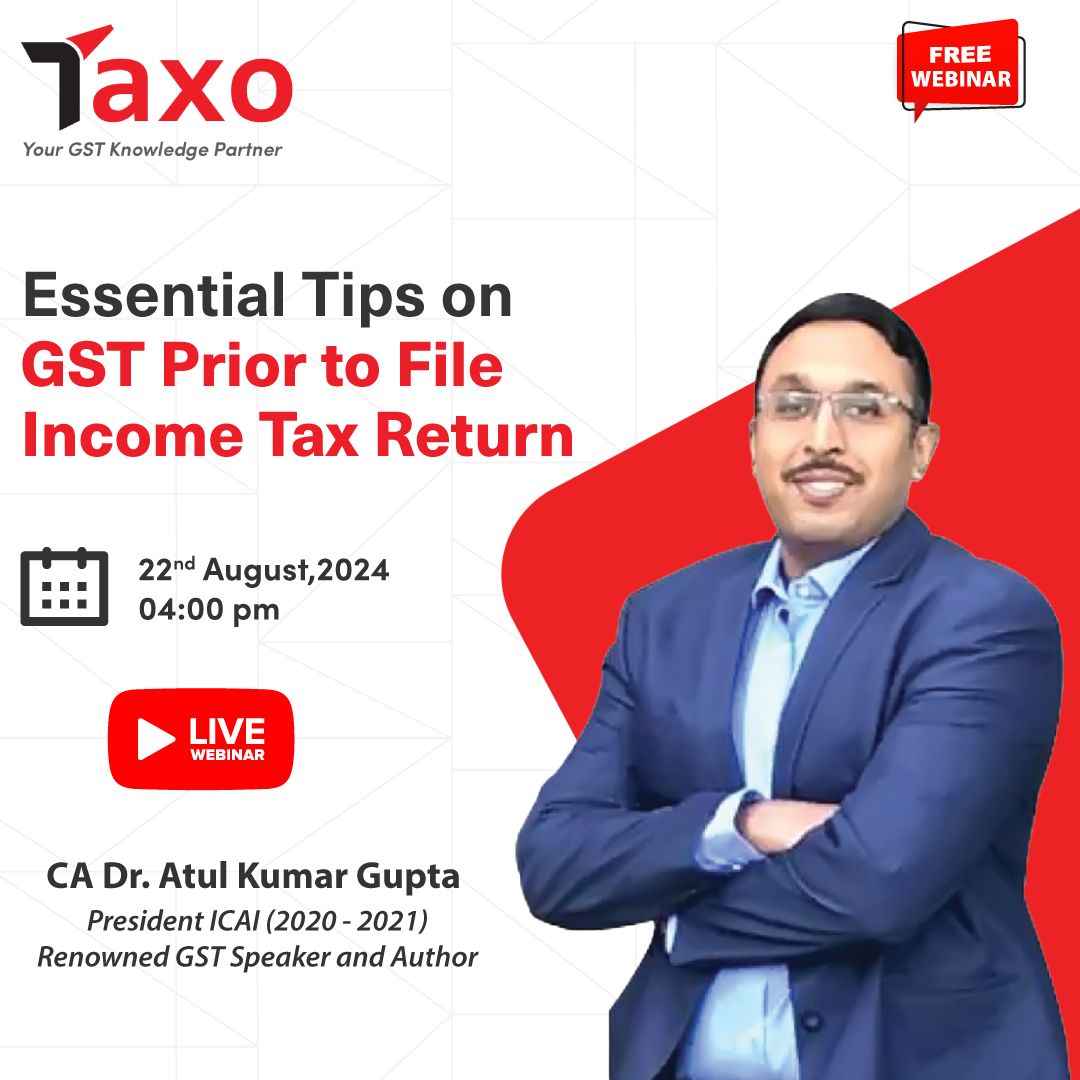GST on card payments: Why Budget 2022 must remove this tax on tax provision | OPINION
The government has been charging a tax on digital payments while promoting digital payments. It is high time that GST on payments is removed as it is tantamount to a tax on a tax paid purchase and inhibits the growth of digital payments.
When you make a digital payment to a merchant, using a card, the merchant usually incurs a facilitation charge which is a small portion of the value of the transaction. So, if you are paying by say credit card for buying medicines, the chemist needs to pay a small amount of the transaction value to the credit card network, in order to receive the payment.
This amount actually is not just the cost of facilitating the payment, but is also the interest cost of the payment as the payer then gets around 45 days of credit to pay back that amount. Thus, it also becomes an important tool for providing access to small credit to the common people.
These charges are legitimate charges for a legitimate service being provided. But few people know that they need to pay 18 per cent as GST (Goods and Services Tax) on the digital payment charges. So, in effect, to make a payment digitally, you need to pay separately to the government also. Does this sound wrong?
It does sound wrong as it does go against common sense of what is acceptable. One is already paying taxes on the goods or service being purchased, and on top of it, one has to also pay an additional tax to the government if one is making the payment digitally.
And, this especially sounds wrong in the context that the government is promoting digital payment. The least that is expected is that there should be no tax on digital payments.
To be fair to the government, it does give a waiver of taxes on digital payments of values less than Rs 2,000. However, as seen in recent cases in the industry, the indirect taxes arm of the government (CBIC or the Central Board of Indirect Taxes and Customs) believes that such waiver is only for banks and not for fintechs.
ALSO READ | Budget session of Parliament begins today, Opposition set to raise Pegasus issue
Even if this issue of taxing the transactions facilitated by fintechs is resolved, and payment transactions below Rs 2,000 are not taxed, the fundamental issue stays is it right to levy an additional tax on the payments when the payer is already paying a tax on the goods or services purchased? Should we treat payments as a service?
Consider the case that someone pays their taxes using a credit card. The person has to then make an additional tax payment on the tax payments since they are using digital payments to make that payment. This is indeed convoluted. And as is the impact of any convolution, it has a deep impact on ease of doing business.
Typically, credit cards charge around two per cent as the transaction facilitation charges (also called as MDR which stands for Merchant Discount Rate). This two per cent is then shared across multiple players who orchestrate the transaction in the backend, each player getting small fraction of this two per cent charge, and the share goes down to as small as 0.05 per cent.
After GST, the total cost of making digital payment bumps up to 2.36 per cent. So, the government ends up getting 0.36 per cent which becomes one of the largest chunks for facilitating the payments.
ALSO READ | Bombay HC quashes state order rejecting GST refund claimed by Colgate
What also needs to be noted is that the government does not have any direct role in facilitating the payments, and yet gets a lion’s share of the total transaction charges that a citizen incurs.
It is high time that such a convoluted tax on payments is removed to reduce burden on the small businesses and the common people who seek credit through such digital payment mechanisms. Hopefully, the Budget 2022 will address this long-standing issue and bring relief to millions of small businesses and to the common people.
Source- INDIA TODAY
https://www.indiatoday.in/opinion-columns/story/gst-card-payments-budget-2022-tax-provision-1906639-2022-01-31


